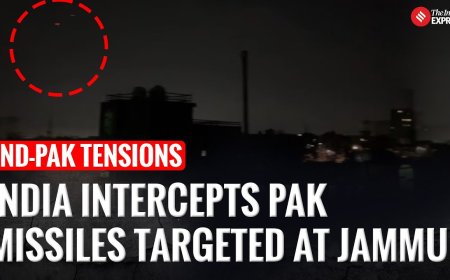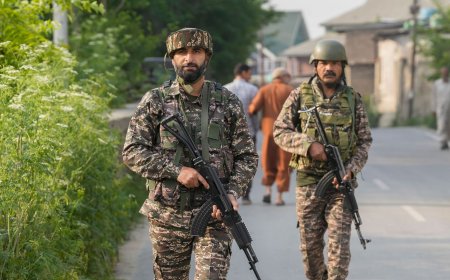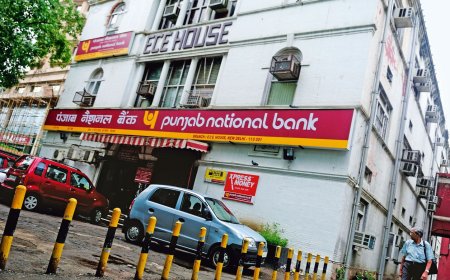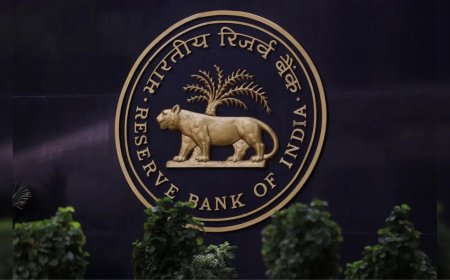RCB moves Karnataka HC against CAT remarks blaming it for Bengaluru stampede
RCB files petition in Karnataka High Court challenging CAT's observations blaming it for the Bengaluru stampede during IPL ticket sales. Legal and market implications explored.

Bengaluru, July 8, 2025 — Indian Premier League (IPL) franchise Royal Challengers Bengaluru (RCB) has filed a petition in the Karnataka High Court against remarks made by the Central Administrative Tribunal (CAT), which held the team partially responsible for the stampede that occurred outside the M. Chinnaswamy Stadium earlier this year. The incident, which left three fans dead and several injured, occurred during ticket sales for a home match in the 2025 IPL season.
The legal challenge underscores the tension between private sports entities and public regulatory bodies in India, especially regarding responsibility in crowd control and event management.
Background: The Stampede Tragedy
On March 18, 2025, chaos erupted outside the Chinnaswamy Stadium as thousands of fans gathered to purchase offline tickets for an RCB home fixture. The unanticipated crowd swell, lack of barricades, and limited security presence led to a stampede that resulted in three fatalities and at least 14 injuries.
Initial investigations by the Bengaluru Police suggested inadequate planning and crowd control measures. In a suo motu hearing by the Karnataka State Human Rights Commission (KSHRC), the matter was referred to CAT for administrative review, as several public officials were allegedly involved in coordinating the ticketing process with RCB.
CAT’s Controversial Observations
The CAT, while examining the roles of various stakeholders, issued strong observations implicating RCB in “failing to foresee crowd magnitude” and for “neglecting their duty of ensuring public safety during ticket distribution.” Though the tribunal acknowledged lapses by local police and BBMP officials, it reserved stern criticism for RCB, labeling its management as “irresponsibly unprepared for high-demand scenarios.”
According to the CAT's order, “RCB’s marketing machinery created extraordinary hype around ticket sales while not coordinating adequately with civic and police authorities to control the anticipated turnout.”
RCB Responds with Legal Challenge
Challenging these statements, RCB has approached the Karnataka High Court, arguing that CAT’s remarks go beyond its jurisdiction and could harm the reputation of the franchise. In the 47-page petition filed through senior advocate Rajendra Nath, RCB claims it was not granted an opportunity to present its side during the tribunal proceedings.
The petition reads:
“RCB, as a private entity operating within the framework of BCCI and IPL guidelines, cannot be held accountable for policing or civic crowd control mechanisms, which rest with the state and local authorities.”
RCB's legal team further asserted that the franchise had notified the city police in advance regarding crowd expectations and had requested additional deployment, which was allegedly not met.
Legal Experts Weigh In
Legal observers see this as a landmark moment in the evolving accountability matrix for sports organizations in India.
Advocate Shobha Menon, a senior counsel specializing in administrative law, commented,
“While moral responsibility may be debated, CAT has limited powers when it comes to private franchises. Its observations, though not binding, carry reputational weight and must be carefully scrutinized when there is no direct representation from the party being blamed.”
Another legal expert, Ramesh Krishnan, noted that the case could set precedent:
“The court will likely look into the procedural fairness of the tribunal’s remarks and decide whether RCB’s image has been unfairly tarnished.”
Public Sentiment and Fan Reaction
The public response to the tragedy has been mixed. While some fans criticized RCB’s management for not ensuring a more streamlined ticketing process, others pointed fingers at the local administration. The shift from online to limited offline ticketing—due to digital fraud concerns—further fueled public anger.
Fan associations have voiced support for enhanced coordination between IPL teams and local governments going forward, especially when organizing mass public events.
Market Context and Brand Implications
While RCB is not a publicly listed entity, its brand value—estimated at over ₹1,000 crore by Duff & Phelps—faces potential erosion if legal challenges linger and public trust wanes.
According to a report by Indian Sports Analytics (ISA),
“RCB's off-field controversies could affect sponsorship renewals and merchandising performance during the 2026 season if not resolved with transparency.”
However, market analysts believe that proactive legal steps may help contain brand damage.
Sonal Verma, a sports investment strategist at EquiEdge, noted:
“Taking the legal route is RCB’s way of protecting shareholder and stakeholder interests. It also sends a message to governing bodies that private franchises deserve procedural fairness.”
Investor Outlook and Broader Implications
Although RCB does not directly influence stock market movements, its parent companies and sponsors—such as United Spirits (a subsidiary of Diageo) and fintech platform Slice—have reputational exposure.
Analysts say investors in affiliated firms are closely monitoring the outcome.
Vikram Shah, equities analyst at Nuvama Wealth, stated:
“United Spirits may face PR-related spillovers, especially if fan sentiment turns negative or political overtones emerge. However, long-term financial impact is unlikely unless lawsuits escalate.”
Going forward, the incident is expected to push the BCCI and IPL Governing Council to institute more standardized ticketing protocols and risk management frameworks across all franchises.
As the Karnataka High Court prepares to hear RCB’s plea, the case represents a broader conversation about accountability in India’s booming sports economy. Whether RCB succeeds in expunging CAT’s remarks or not, the episode has cast a spotlight on the urgent need for synergy between private sporting entities and public institutions—particularly when public safety is at stake.
What's Your Reaction?
 Like
0
Like
0
 Dislike
0
Dislike
0
 Love
0
Love
0
 Funny
0
Funny
0
 Angry
0
Angry
0
 Sad
0
Sad
0
 Wow
0
Wow
0












































































